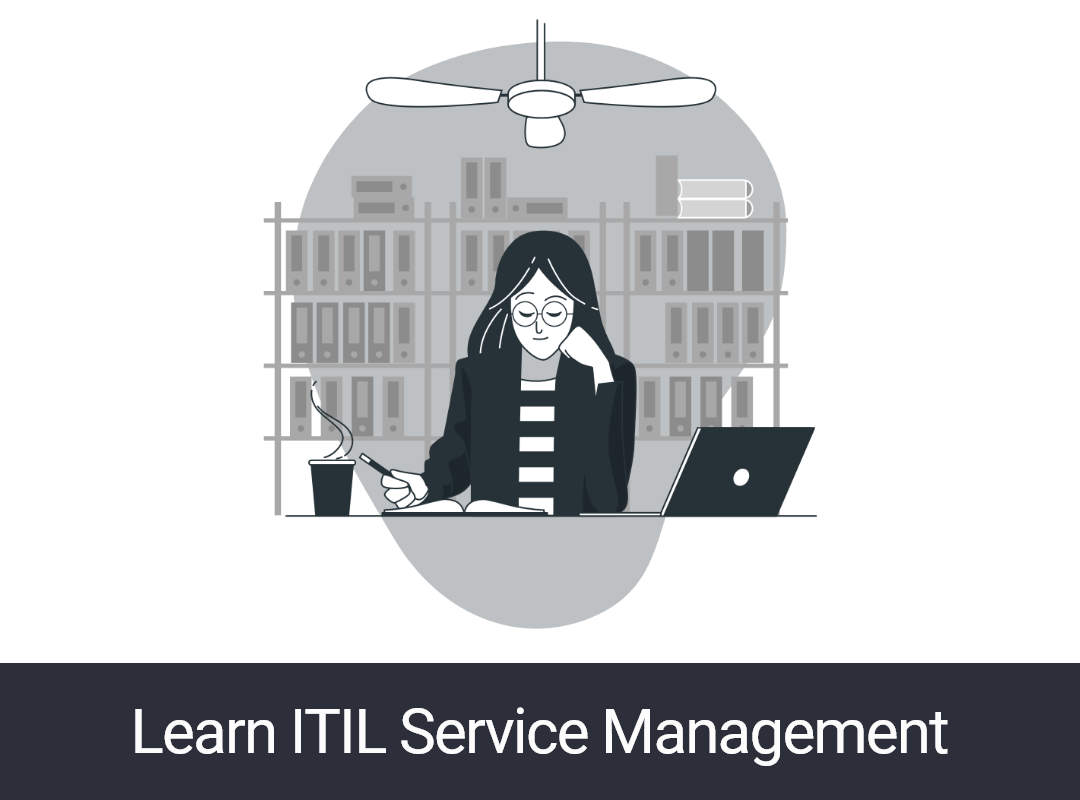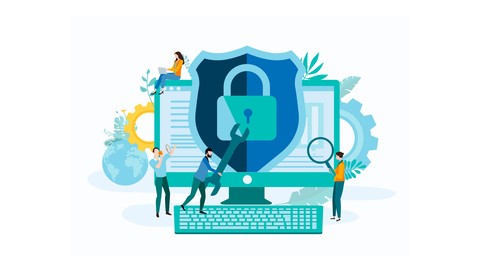An Ecommerce Future, Ready or Not
In this blog, An Ecommerce Future, ready or not. We have shopped online a ton during the pandemic, and some of those habits will stick. But I suspect our more e-commerce lives will have unintended consequences. Buying online might become pricier or less convenient, we might need to rethink fast deliveries, and our neighborhoods may look different. Some possibilities to get us thinking about how our shopping budgets and habits could shift.

Important Announcement – EasyShiksha has now started Online Internship Program “Ab India Sikhega Ghar Se”

Buying online might become pricier or less convenient, we might need to rethink fast deliveries, and our neighborhoods may look different.
Mini warehouses might pop up everywhere: If more of us are ordering online, companies might opt to open more small package distribution hubs closer to where people live to provide faster deliveries. But that will mean more spots where delivery trucks move in and out, increasing traffic, noise and pollution.
So far, we haven’t consistently planned roads, airspace and neighborhoods for more home deliveries. But in the future, cities and towns could impose costs and restrictions on deliveries, like congestion fees or requiring clustered deliveries instead of allowing trucks to drive into the same housing development multiple times a day. Ecommerce Future, ready or not.
Shortages might continue: One of the myriad reasons we’re having trouble finding toilet paper and pasta online is that Target and Amazon limit the quantity of products they stow in warehouses. That saves them money when shopping behaviors are predictable, but it leaves less flexibility when demand spikes unexpectedly.
Top Courses in Software Engineering
More Courses With Certification
If coronavirus hot spots pop up occasionally, it’s possible isolated product shortages will continue. Or if e-commerce companies permanently decide to keep more products on hand, that could increase costs for the companies and for us.
Fast delivery might cost more: Most online shopping companies hate the cost and headaches of fast shipping, and it’s not great for the environment either, said Sucharita Kodali, who studies the e-commerce industry for Forrester Research.
Companies could seize this moment when they must invest more in e-commerce and we’re thinking about our shopping habits to retrain us. We might be forced to consider the cost and consequence of that heavy bottle of laundry detergent.
Empower your team. Lead the industry
Get a subscription to a library of online courses and digital learning tools for your organization with EasyShiksha
Request NowALSO READ: embassy-office-parks-demonstrates-solidarity-and-support-to
Get Course: Learn-Psychology-Online






















































































